Grant writing is a process of drafting and presenting a formal financial assistance request to a grant awarding entity. Its primary goal is to find financial support for nonprofit programs, research, or projects, which meet a certain need. Grant writing is also more formal, competitive, and documentation-heavy compared to traditional fundraising that regularly involves donations by individuals or events. It needs well-organised proposals, quantifiable objectives, and comprehensive budgets to make funders believe that a project is effective, sustainable, and suits their funding priorities.
What are the Key Elements of a Grant Proposal?
These are the seven main elements that all nonprofits use in a grant request:
- The cover letter provides context on the nonprofit, an overview of the funding request, and establishes a professional tone that establishes interest.
- The executive summary gives a clear picture of the project, describes the anticipated outcomes, and provides funders with a brief idea of the purpose.
- The statement of need describes the issue clearly, features data or research to support, and demonstrates the urgency of its solution.
- Project description describes planned activities, schedules, procedures and how these are linked with project goals.
- Budget and justification include financial information, separate costs, and describe the rationale between the activities in the project and related costs.
- Organisation background is the part that emphasises the mission of the nonprofit, its history, staff, and successful past projects.
- The evaluation plan specifies instruments and metrics to measure success and how progress reports keep participants accountable.
What is the Process of Grant Writing?
The following are the seven steps involved in the grant writing process:
Research Grants Opportunities
Search and identify grants that match your organisation’s mission and project objectives. Research government websites, nonprofit databases, and foundation listings to find the best funding sources.
Review Guidelines Carefully
Read the grant rules carefully to know eligibility, documentation requirements, budget constraints and submission requirements. Lack of any detail can be a cause of rejection.
Create a Proposal Outline
Write down an organised outline. Write about your goals, target audience, activities, schedule, and budget projection to develop a clear roadmap of the proposal.
Write the Proposal
State the problem, how you plan to solve the problem, and what you expect to achieve in the process. Back up your arguments with facts, figures and case studies that can support your application.
Edit and Proofread
Carefully review your proposal to remove errors, enhance readability, and meet the format and writing expectations of the funder.
Submit on Time
It is important to submit the proposal before the deadline. Submitting early saves you the headache of having last-minute technical difficulties and makes you appear professional.
Follow Up
Keep a check on your application status. Address any requests of funders and stay in touch, and it can enhance your future opportunities of receiving funds.
What are the Common Mistakes to Avoid in Grant Writing?
Typical errors during grant writing lower the chances of approval. It is common to be rejected when a submission is made without following the guidelines. And being too general in goals undermines clarity, and disregarding measurable achievements undermines credibility. Most applicants fail to do so by overestimating or underestimating budget resources, which raises issues about planning. The other error is the use of jargon or complicated language, making proposals difficult to comprehend. Good writing is clear, concise, and organised, which makes grant applications stronger.

George C. Tagg, Jr.
George serves as a trusted counsel to business leaders, non-profit executives, and management teams. George is a licensed attorney with a master’s in international affairs and over 20 years’ experience in the U.S. Congress, Department of State, Department of Defense, global public policy, and political campaigns.


